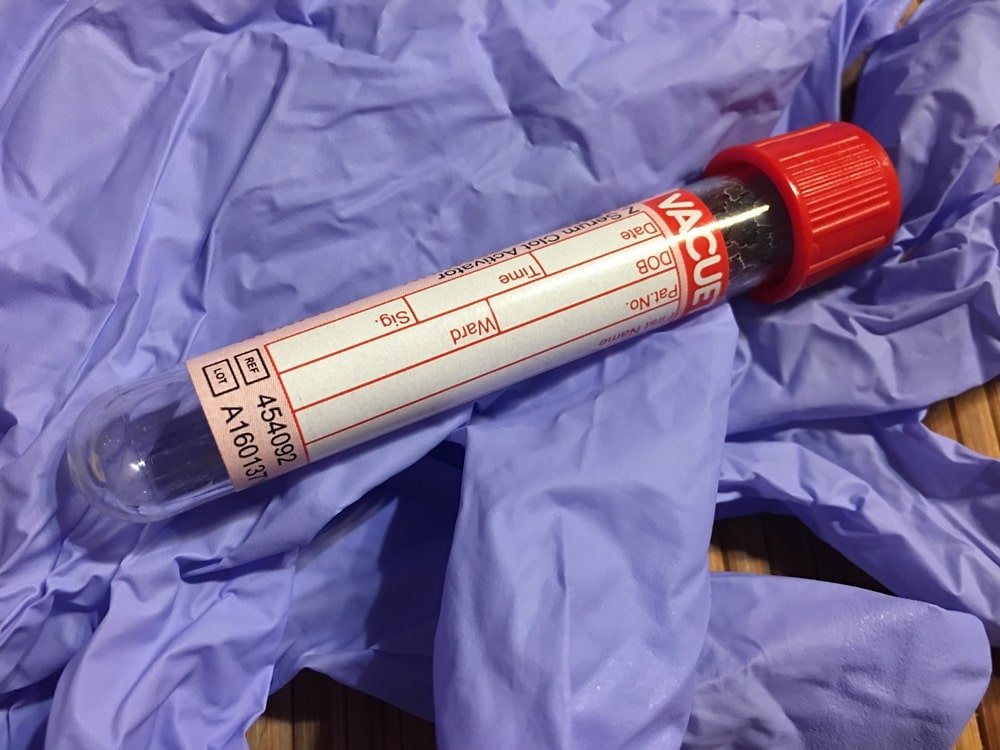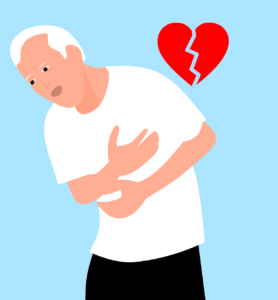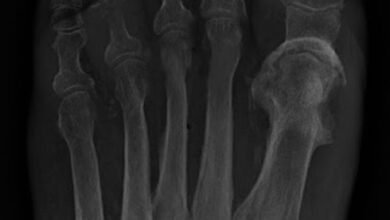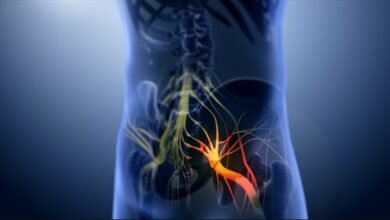
As people become more aware of health issues, they are likely to ask more questions about their health concerns and one of the most important and common health issues is the high levels of triglycerides and cholesterol.
So, are triglycerides bad or good for our health?
That’s what we are going to reveal in this article.
What are triglycerides?
Triglycerides are a type of lipids found in your blood, and their function is to transfer the fatty acids and store them in adipose tissues in the body.
Our bodies release triglycerides during fasting periods to get the energy needed for metabolism.
Sources of triglycerides
According to their importance for the body, we can get them from two primary sources:
Food
The intestine digests food and breaks down fat-rich food into glycerin and amino acids; to facilitate their absorption into the cells lining the intestine.
Digestion products are then gathered together and released into the bloodstream.
Chylomicrons (ultra-low density lipoprotein) transport both triglycerides and cholesterol to adipose, cardiac, and skeletal muscles; due to their low solubility in the blood.
After that, the body tissues extract triglycerides from chylomicrons for energy and store the excess into lipid tissues.
Liver
The liver converts foods that are more than the body’s needs, especially those rich in carbohydrates, into triglycerides.
The liver releases triglycerides in the bloodstream as very-low-density lipoprotein (VLDL) and stores them in lipid tissues for later use.
High blood fat (Hyperlipidemia) may induce triglycerides deposition on the liver- might develop into liver cirrhosis.
The natural values of triglycerides in the body
By a simple triglycerides blood test, the physician can diagnose the level blood lipids.
This test requires fasting 9 to 12 hours before drawing the blood sample.
Here are the values:
| Values | Diagnosis |
| Less than 150 mg/dl | Normal |
| Between 150 and 199 mg/dl | Borderline (Slightly high) |
| Between 200 and 499 mg/dl | High |
| Above 500 mg/dl | Very high |
Physicians do this test as a part of blood lipids tests that measure the values of each: (Total cholesterol- HDL- LDL), known as the “Lipid profile” test.
Triglycerides health risk

High blood lipids levels lead to:
- Hardening of arterial walls (Atherosclerosis).
- Increase the risk of heart attacks, strokes, and other heart diseases.
- Acute pancreatitis.
Causes for high triglycerides
High triglycerides indicate other health issues.
Hence, higher risk of cardiovascular diseases.
These health problems include:
- Obesity.
- Metabolic syndrome; is a combination of different conditions including, high blood pressure, high blood glucose, belly fat, and a high level of HDL(High-density lipoprotein).
- Hypothyroidism.
- Prediabetes or Diabetes type2.
- Some rare genetic conditions; affect the function of converting body fats into energy.
- Kidney diseases.
In some cases, high levels of triglycerides are a result of side effects of some drugs, such as:
- Diuretics.
- Contraceptives.
- Steroids.
- Estrogen and progesterone.
- Beta-blockers.
- Some HIV drugs.
- Tamoxifen.
Some bad habits also can contribute to high-fat levels, such as smoking and drinking alcohol.
In a few cases, high blood fat levels are inherited among family members.
What are the symptoms of high triglyceride levels in the blood?
Usually, it is asymptomatic.
So, a person over 20 years old needs to do a lipid profile test every four to five years to monitor health.
Some warning signs may appear in some cases when triglycerides are highly elevated above 500mg/dl, such as:
- Xanthoma.
- Pancreatitis.
- Pain or swelling in the liver or spleen.
What is the best way to treat high triglyceride levels?
Lowing elevated triglycerides is a simple thing you can do on your own by making some changes in your daily diet and lifestyle.
Exercise regularly
Sports can help lower triglycerides and increase good cholesterol (HDL).
So, it is essential to engage in physical activity, at least 30 minutes daily, five days a week.
Exercising includes simple daily activities, for example, going up and down the stairs, walking, and slow jogging.
Reduce sugar and carbs intake
Since extra sugar and carbs become triglycerides and are stored in fat cells.
So reducing sugar and carbs intake helps lower triglycerides levels.
Eat more fibers
Increasing fiber in the diet helps to reduce fat and sugar absorption in the intestine.
As a result, the amount of fat in the blood decreases.
Fibers are available naturally in fruits, vegetables, whole grains, nuts, and legumes.
Lose weight
Belly fat is one of the main reasons for high triglycerides levels.
People with a slight or moderate increase in triglycerides can measure their daily intake of calories to lose weight.
Replace food of high calories with a diet full of fruits, vegetables, proteins, and low-fat dairy products.
Reduce sugary drinks, such as soda.
Scientific studies have shown that losing 5% to 10% of body weight has a significant effect on blood fat reduction.
Stop drinking alcohol
Alcohol contains a lot of calories, which contribute to weight gain.
How to manage triglycerides levels with drugs?
If a healthy diet and exercising are not enough to lower triglycerides levels, the physician may recommend some drugs, such as:
Niacin
It is called Nicotinic acid.
Niacin has a significant effect on lowering triglycerides and bad cholesterol (LDL).
It should be taken under medical supervision, as it may interact with other drugs causing dangerous side effects.
Fibrates
Fibrates as: fenofibrate (Tricor) or gemfibrozil (Lopid) help lower triglycerides.
Doctors warn against taking them in the case of severe kidney or liver diseases.
Statins
Statins are a class of drugs that reduce blood cholesterol levels.
They are the most efficient drugs in the case of patients with high levels of blood cholesterol or those who have a family history of atherosclerosis or diabetes.
There are many statin drugs sold in the market such, as Atorvastatin, Rosuvastatin.
Omega 3
Omega 3 plays a significant role in lowering triglycerides, such as (Lovaza) which contains active fatty acids.
High doses of omega3 may cause bleeding in some people.
So, it is so important to consult your doctor or the pharmacist before taking it to determine the appropriate dose for your condition.
Using food to lower triglycerides
You can replace the unhealthy fats- that exist in red meat- and the saturated fats- that exist in processed food and vegetable margarine- with healthy unsaturated fats such as:
- Olive oil.
- Nuts: walnut, cashews, and pistachios.
- Fish contain omega3: tuna, salmon, sardines, and mackerel.
- Flaxseed: (rich in omega3).
- Low-fat dairy products.
- Whole grains: oat.
- Soy protein such as soybeans and soy milk.
In conclusion, health is your true and infinite wealth.
Hence you should invest in it by following a healthy diet and exercising daily.
It is your magic key to prevent triglycerides and various heart diseases and stay healthy and strong.



